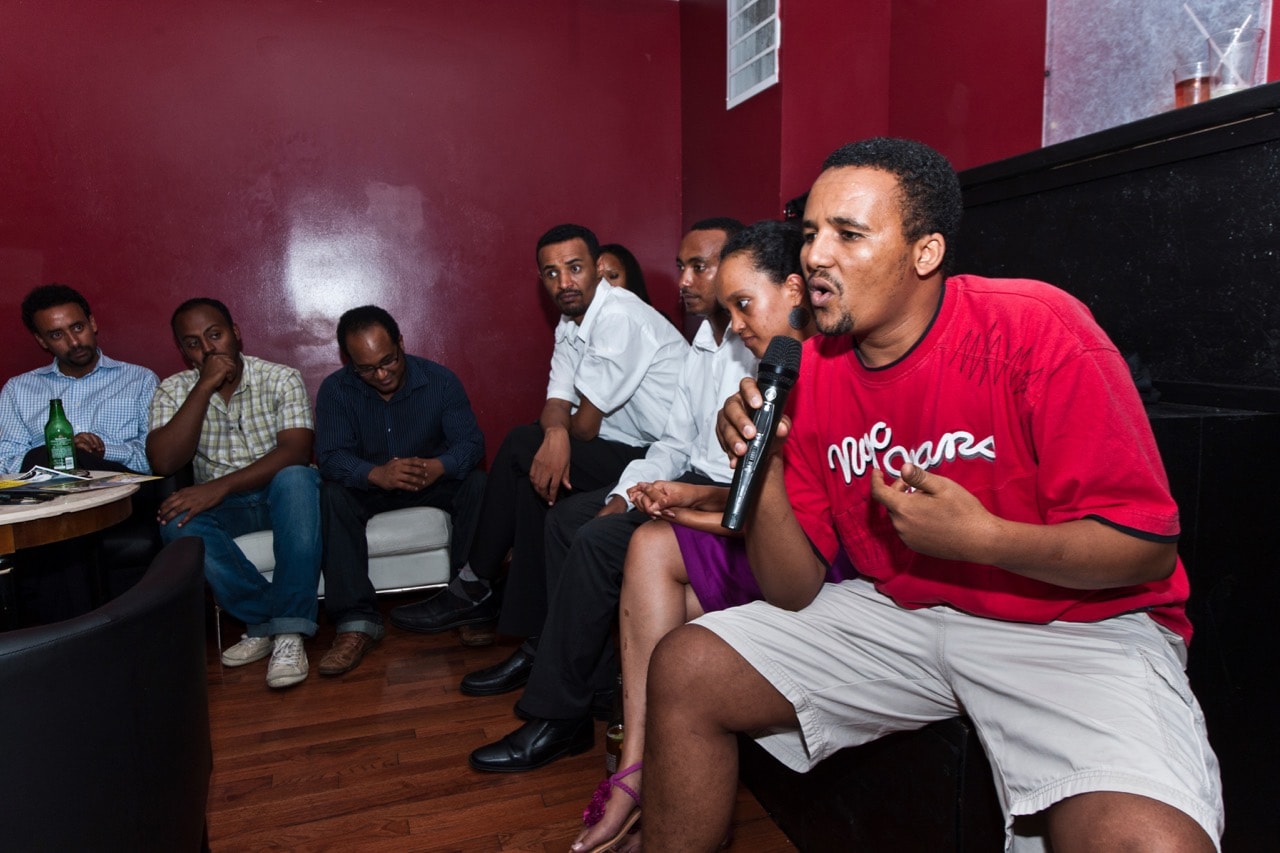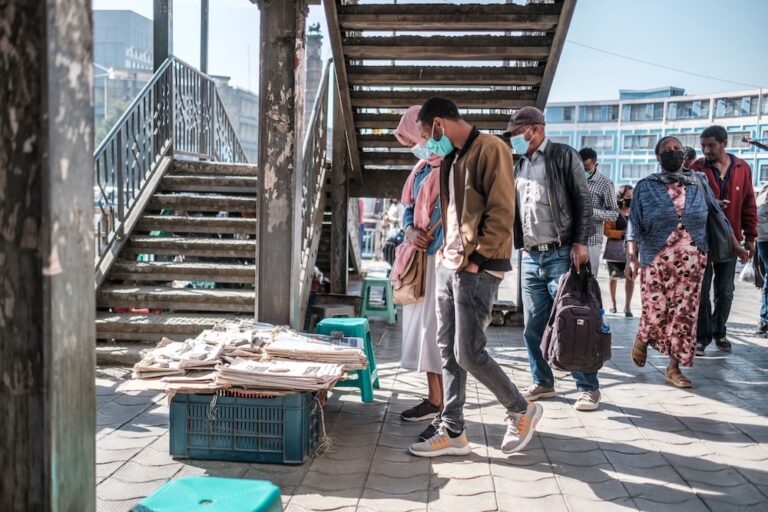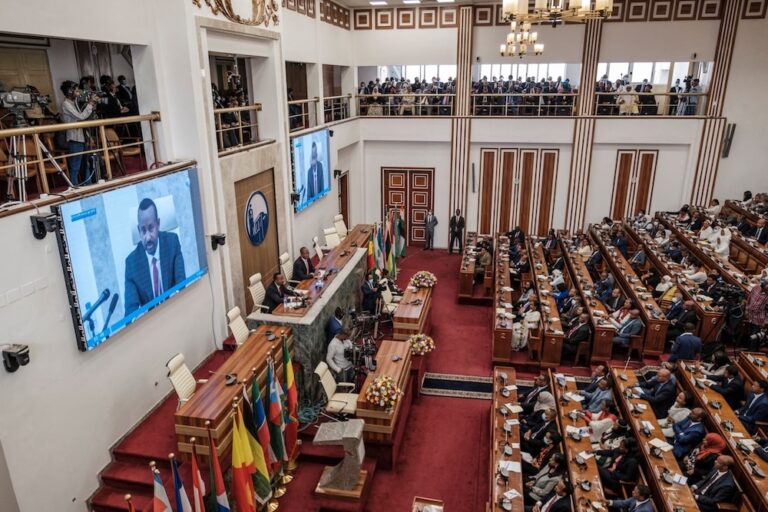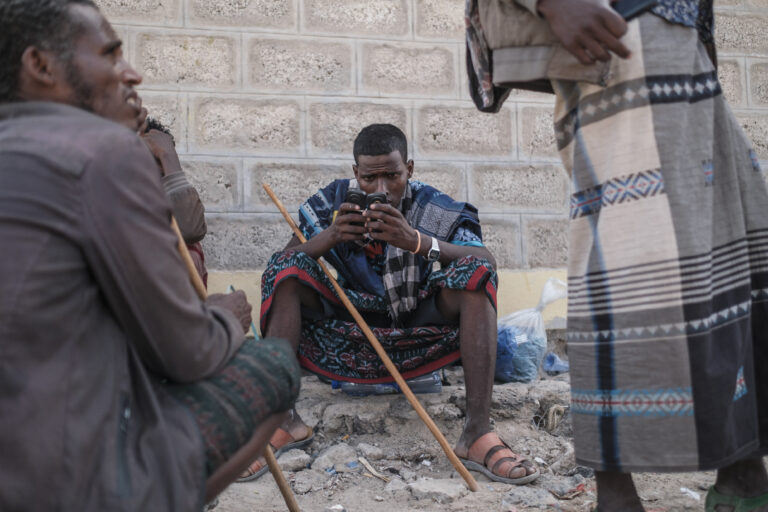As the Ethiopian government prepares to release hundreds of detainees, including opposition politicians and political activists, Reporters Without Borders calls on the government to add three imprisoned journalists to the list of those about to be freed: Eskinder Nega, Woubshet Taye and Zelalem Workagegnehu.
This statement was originally published on rsf.org on 17 January 2018.
As the Ethiopian government prepares to release hundreds of detainees, including opposition politicians and political activists, Reporters Without Borders (RSF) calls on the government to add three imprisoned journalists to the list of those about to be freed.
Two weeks after Prime Minister Hailemariam Desalegn promised on 3 January 2018 to release an unspecified number of detainees in order to “foster national reconciliation,” the authorities have announced that they will release more than 500 detainees on 17 January and drop charges against them. RSF urges them to include the following two journalists and a citizen-journalist, who were arrested and convicted simply for exercising the right to inform.
Eskinder Nega, a reporter for the diaspora news website EthioMedia, was sentenced in July 2012 to 18 years in prison on a charge for plotting terrorist actions. Shortly before his arrest, he wrote an article criticizing the way the 2009 terrorism law was being used to imprison journalists.
Woubshet Taye, the deputy editor of the weekly Awramba Times, was sentenced to 14 years in prison in January 2012 for allegedly planning terrorist attacks on infrastructure, telecommunications, and power lines. His last article criticized the ruling party’s methods. The justice ministry rejected his request for a pardon.
Zelalem Workagegnehu, a blogger for the diaspora website DeBirhan, was sentenced to five years and four months in prison in 2016 on a charge of supporting terrorists.
“These three journalists all fell victim to the 2009 terrorism law,” RSF said. “Ever since this law took effect, terrorism charges have been systematically used to sentence journalists to long spells in prison. The authorities must stop using this law to restrict press freedom and should instead begin its national reconciliation process by freeing these three journalists.”
The prime minister’s announcement on 3 January that the government is also planning to close the Maekelawi federal detention centre has been widely hailed because Maekelawi has been notorious as a torture centre since the time of the dictatorship. Workagegnehu has described being tortured, beaten and humiliated there. Nega says he was also the victim of harassment there.
Ethiopia is ranked 150th out of 180 countries in RSF’s 2017 World Press Freedom Index.



